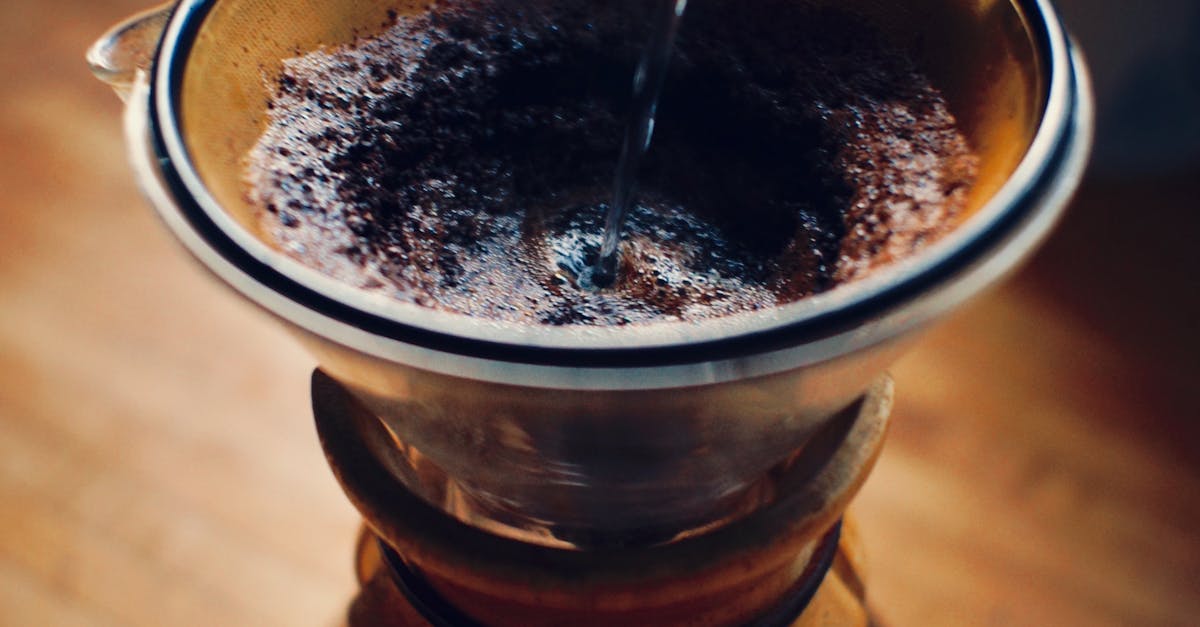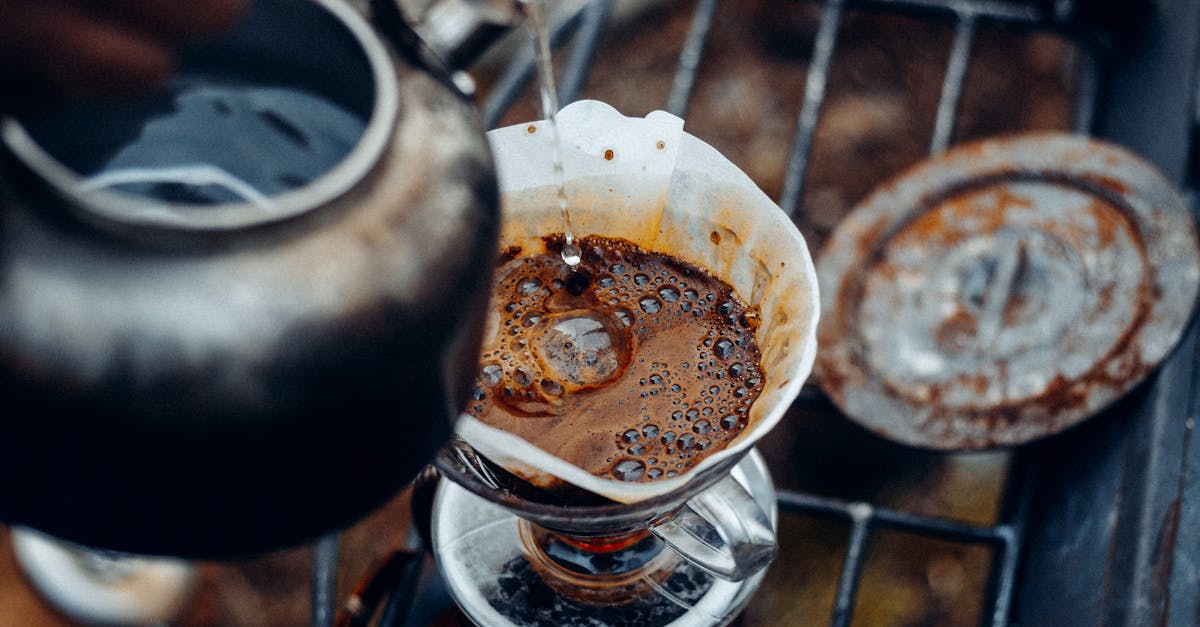
Table Of Contents
Gas Supply Issues
Gas supply issues can significantly impact your hot water availability. If there's a disruption in the gas line or a problem with the delivery of gas, your water heater may not function properly. This can be due to a blocked gas line, which prevents gas from reaching the appliance. In such cases, it’s essential to check for any obstructions or damage to the line. Additionally, adequate ventilation is crucial for gas water heaters. A lack of proper ventilation can lead to a buildup of gas, shutting down the system as a safety precaution.
When performing hot water system troubleshooting, it’s also wise to inspect the gas supply valve. If it’s partially closed or malfunctioning, this will restrict the gas flow. Regularly checking connections and ensuring that the gas supply is unobstructed can prevent interruptions. Familiarizing yourself with the components of your water heater can aid in diagnosing problems related to gas supply issues and ensure a more reliable hot water system.
Blocked Gas Line or Ventilation
A blocked gas line or poor ventilation can significantly impair the performance of your hot water heater. If the gas line is obstructed or if ventilation is inadequate, the water heater will struggle to operate efficiently. This situation can lead to erratic hot water availability, causing frustration for households reliant on a steady supply. Regular checks on the gas line and ventilation system should be included in your hot water system troubleshooting routine to avert these issues.
Identifying signs of blockage may require a thorough inspection of the gas line. Look for any visible obstructions, such as debris or kinks in the line that could constrict gas flow. Additionally, ensure that all vents are clear and leading outside without any blockages. These simple maintenance tasks are crucial for preventing hot water disruptions and maintaining optimal performance of your water heating system.
Demand Exceeding Supply
When multiple fixtures are drawing hot water at the same time, it can quickly overwhelm the supply from your water heater. This issue is particularly common in households with high hot water demand. For instance, taking a shower while running a washing machine can significantly reduce the available hot water for each activity. If this simultaneous demand exceeds the capacity of your water heater, you may experience intermittent hot water, leading to frustration during daily routines.
To address this problem, consider Hot Water System Troubleshooting. Evaluating the peak usage times in your home can help you identify patterns in water demand. Upgrading to a larger water heater or installing a tankless system may alleviate these issues by providing a more consistent supply. Monitoring hot water use is essential to ensuring comfort and efficiency in your household plumbing.
Simultaneous Use of Hot Water
When multiple appliances draw from the hot water supply simultaneously, it can lead to significant drops in temperature or even a complete lack of hot water. This situation often arises in households where high-demand systems, like dishwashers and washing machines, operate at the same time. If everyone in the house showers during peak hours, the hot water heater may struggle to keep up with the combined demand, resulting in lukewarm or cold water.
For effective Hot Water System Troubleshooting, it’s essential to monitor usage patterns. Scheduling laundry or dishwashing during off-peak times can help reduce the strain on the system. Upgrading to a larger capacity water heater or installing a tankless system may also provide a more consistent hot water supply. Understanding your household's hot water needs is crucial in preventing these interruptions.
Age of the Water Heater
The age of your water heater plays a crucial role in its efficiency and reliability. Most heaters have a lifespan ranging from 10 to 15 years. As they age, internal components may wear out, leading to intermittent hot water supply issues. Regular maintenance can prolong their life, but signs of wear and tear often signal that it's time to consider a replacement before complete failure occurs.
When performing hot water system troubleshooting, it's essential to evaluate the age of your unit. Older models may not only struggle to meet current hot water demands but can also be less energy-efficient. Upgrading to a newer system can provide more consistent performance and lower energy costs, ensuring that you enjoy hot water without interruptions.
Signs of Wear and Tear
Over time, water heaters can show signs of wear and tear that affect their performance. Regular inspections are essential to identify any rust, corrosion, or sediment buildup in the tank. These issues can lead to reduced efficiency and inconsistent hot water supply. In the event of visible damage, it is recommended to consider Hot Water System Troubleshooting to determine if repairs are feasible or if a replacement is necessary.
Additionally, components such as heating elements and thermostats can deteriorate with age, impacting the overall operation of your water heater. If your unit is older or experiences irregular temperature changes, these parts may need examination. Ensuring that these components are functioning correctly can prevent interruptions in hot water availability and enhance the longevity of your system. Regular maintenance checks can make a significant difference in identifying these issues early on.
FAQS
What are common reasons for hot water to stop suddenly?
Common reasons for hot water to stop suddenly include gas supply issues, blocked gas lines, high demand exceeding supply, and the age or wear and tear of the water heater.
How can I tell if there is a gas supply issue with my water heater?
Signs of a gas supply issue may include pilot light outages, unusual noises from the heater, or a lack of hot water altogether. Checking the gas supply line and ensuring proper ventilation can help identify the problem.
Can using multiple hot water fixtures at the same time cause my hot water to stop?
Yes, simultaneous use of hot water from multiple fixtures can exceed the supply available from your water heater, leading to a temporary loss of hot water.
What are the signs that my water heater is aging or needs repair?
Signs of wear and tear on an aging water heater include rust or leaks, strange noises, inconsistent water temperatures, or discolored water. If you notice any of these signs, it may be time to inspect or replace your unit.
How can I maintain my water heater to prevent hot water issues?
Regular maintenance of your water heater can prevent issues. This includes flushing the tank to remove sediment buildup, checking the anode rod, and scheduling professional inspections to ensure everything is functioning properly.





























